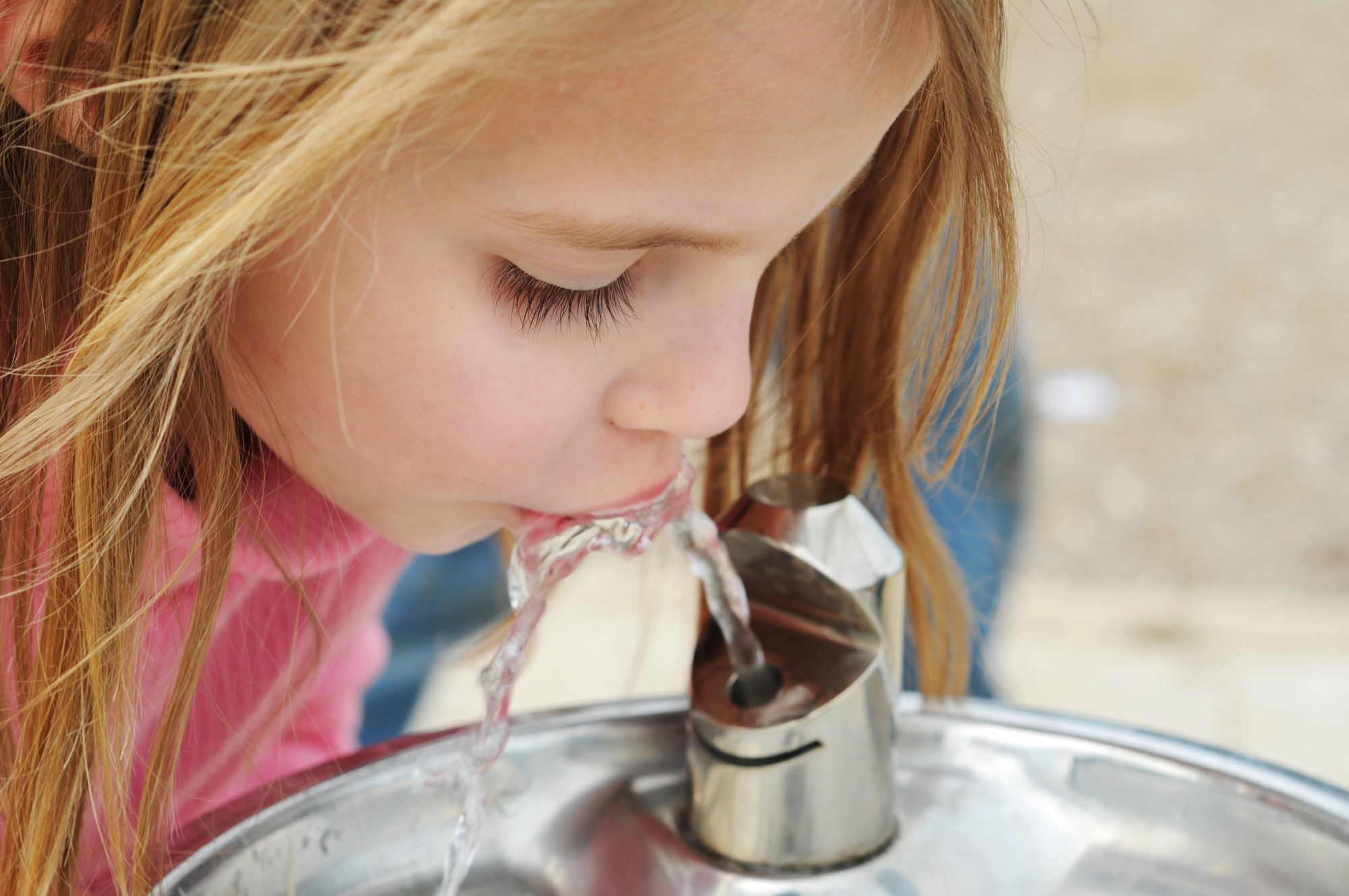U.S. Drinking Water Filtration and Treatment Survey
NSF conducted a national consumer survey of 1,106 American adults, which showed gaps between consumers’ concerns, knowledge and actions related to their drinking water. Though they are concerned about potential contaminants in their drinking water, the majority of Americans surveyed don’t take steps to better understand what’s in their drinking water and they don’t look for independently certified water filters and treatment options.
Results of the Survey
The survey revealed that while most U.S. consumers drink tap water (71 percent) and more than half (55 percent) are concerned about or don’t know which contaminants are in their drinking water, nearly half (42 percent) do not take steps to filter or treat their home’s drinking water.
Another interesting finding: While most survey respondents understand there are various types of filtration options designed to treat specific contaminants, most people simply use the filter that came with their house or with their refrigerator. But this could be a problem since filters and treatment systems are designed to reduce specific contaminants.
No matter where you live, it’s important to understand what’s in your water so you can make an informed decision about whether or not you may want a drinking water treatment system. If you do, it’s important to know which type of device is most appropriate for your situation.
Here’s some other interesting data from the survey:
- 71 percent understood that water treatment units such as filters, reverse osmosis (RO) systems and other technologies reduce different contaminants.
- People surveyed felt that some home treatment units work better than others (72 percent).
- 35 percent of people don’t seek out information about what is in their drinking water.
- Nearly half (42 percent) do not take steps to filter or treat their home’s drinking water.
- Built-in refrigerator devices (24 percent) and water treatment pitchers (18 percent) were the most commonly used filters.
- Millennials (ages 18-34) and seniors (ages 55+) were least knowledgeable about how filters work. Most Millennials (65 percent) agreed that different filters reduce different contaminants, while most seniors (80 percent) felt that some water filters work better than others.
- Parents knew more about what’s in their drinking water (52 percent) than people without children (41 percent).
What You Can Do to Reduce Contaminants
One of the easiest ways to find out if there are contaminants in your tap water and how they may affect your health is through consumer confidence reports (CCRs) from your local water utility/authority. CCRs, also referred to as water quality reports, provide a snapshot of water quality in a specific city or area and detailed data regarding which contaminants have been detected in the water, the levels at which they were detected and how these levels compare to U.S. Environmental Protection Agency (EPA) drinking water regulations.
The EPA requires most public water systems to provide their customers with an annual water quality report by July 1 of each year. If you live in an apartment or condominium, you may not receive a copy directly, but can access one on your building’s website or by calling your local water department. If you have a private well, you may consider having your water independently tested.
Choose an Independently Certified Product
Once you know what is in your water, you can find an independently tested and certified product to address these concerns. Independent, third-party certification ensures that a product’s claims to reduce a specific contaminant have been tested and verified.
NSF has additional information on water treatment units and filters certified to reduce specific contaminants so you can choose a certified filter for your home or workplace. A variety of drinking water treatment solutions are available, ranging from whole-house systems that treat all the water in your home to filters and water treatment products for specific areas such as the kitchen faucet.
Sign Up for Tips for Better Living
Stay up to date with what matters most to you and your family.
Related Posts

Foodstuffs: How To Store and Heat Leftovers Safely

Kitchen Cleaning 101: Your Ultimate Guide to Optimum Kitchen Cleaning

Keeping a Clean Home, Especially When You Share It With Your Pet

loMT: Utilize Internal Information Security Expertise to Combat Cyber Risks
How NSF Can Help You
Get in touch to find out how we can help you and your business thrive.

What’s New with NSF

Michigan’s “Filter First” Law: A Guide for Schools and Childcare Centers
April 23, 2024
Healthy People Living on a Healthy Planet: The Future We’re Working For
April 4, 2024
American Meat and Egg Distributors Now California-Ready with NSF’s Prop 12 Certification
April 3, 2024